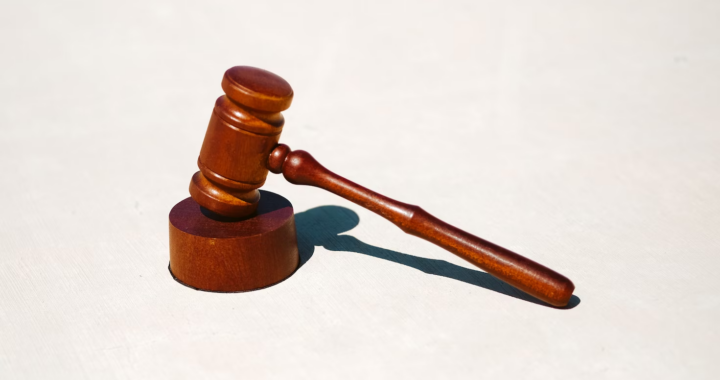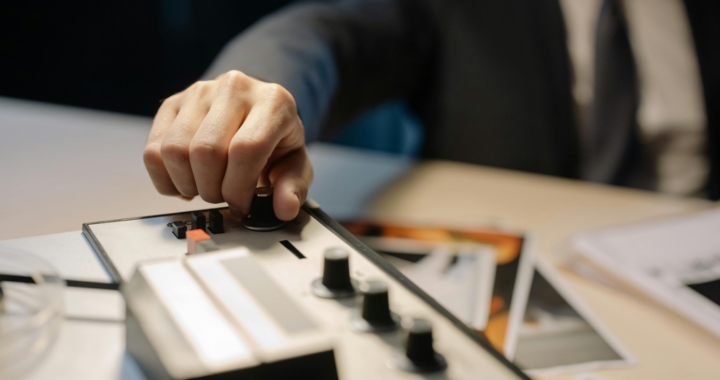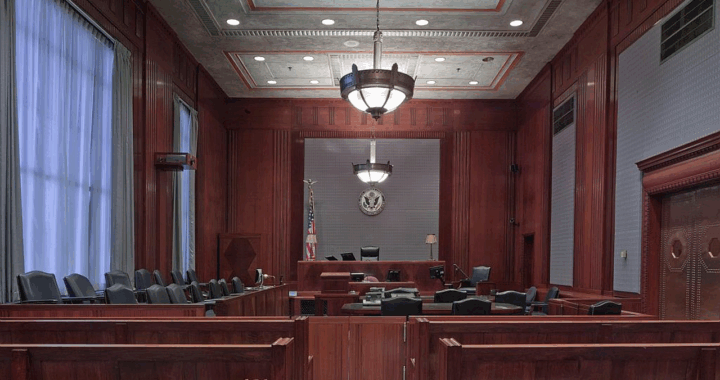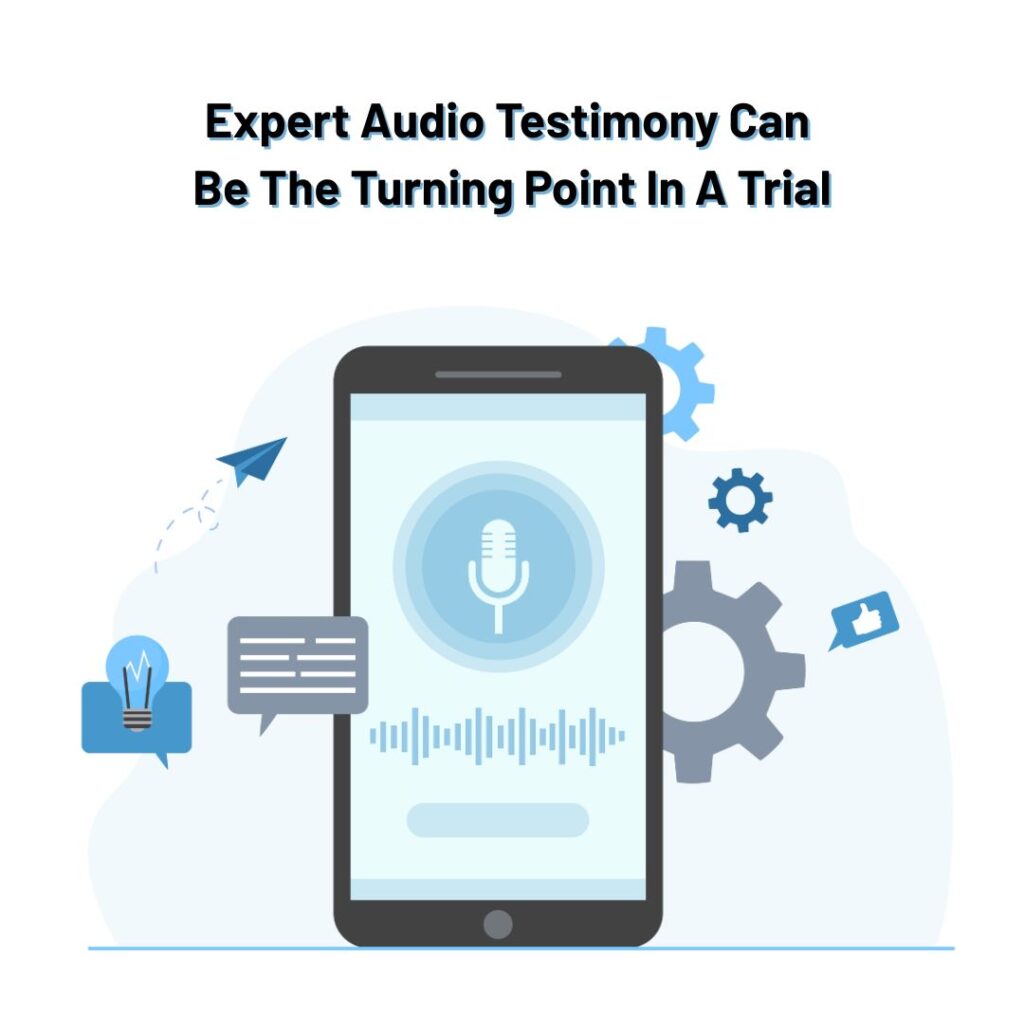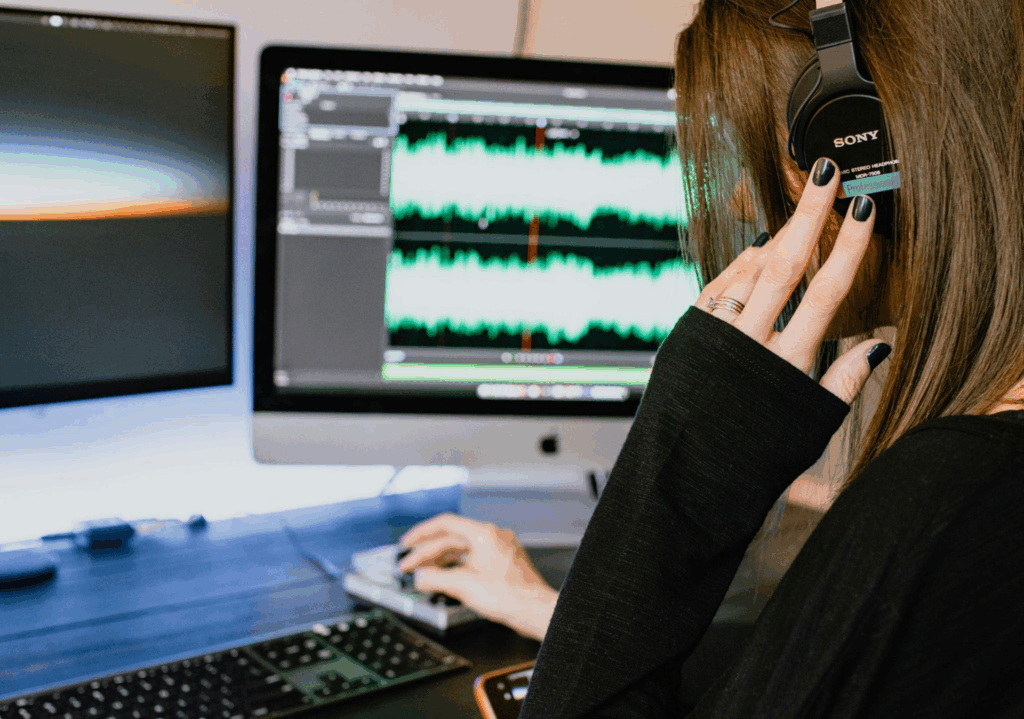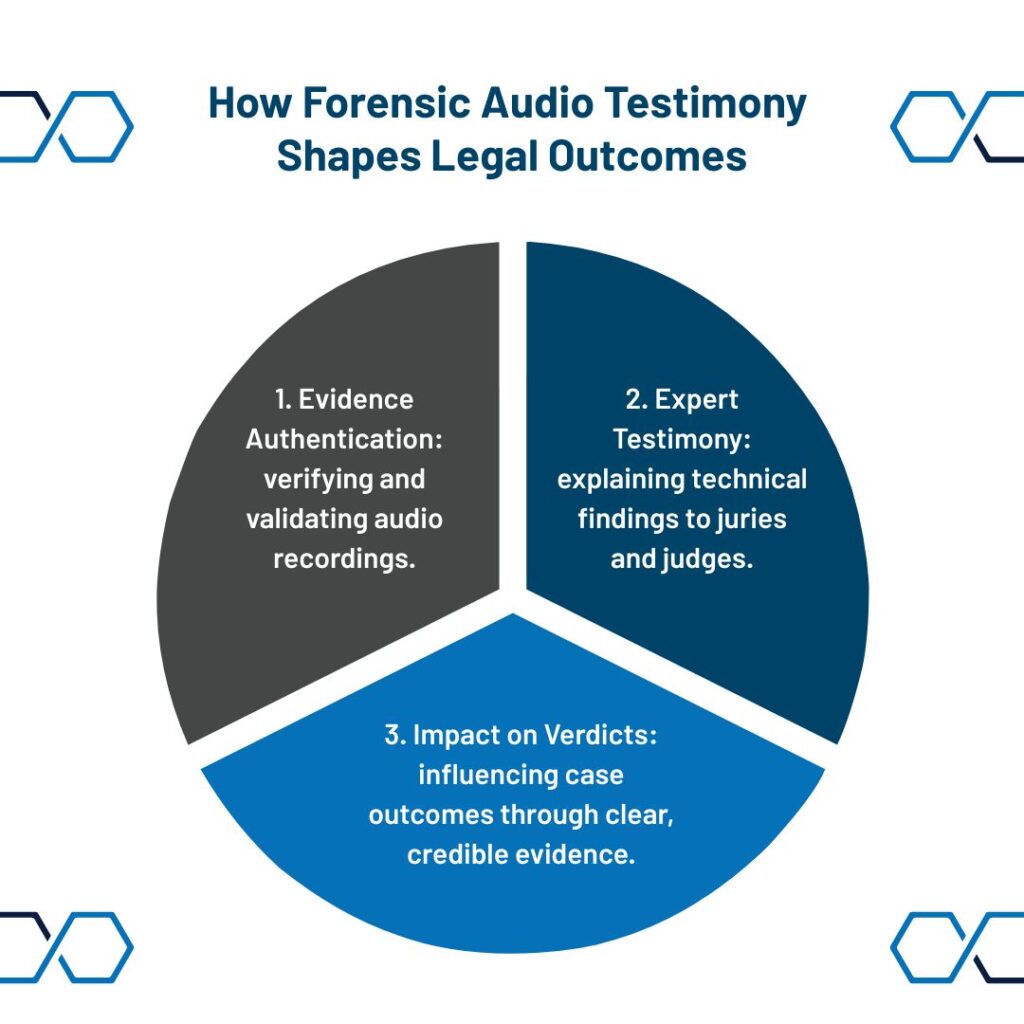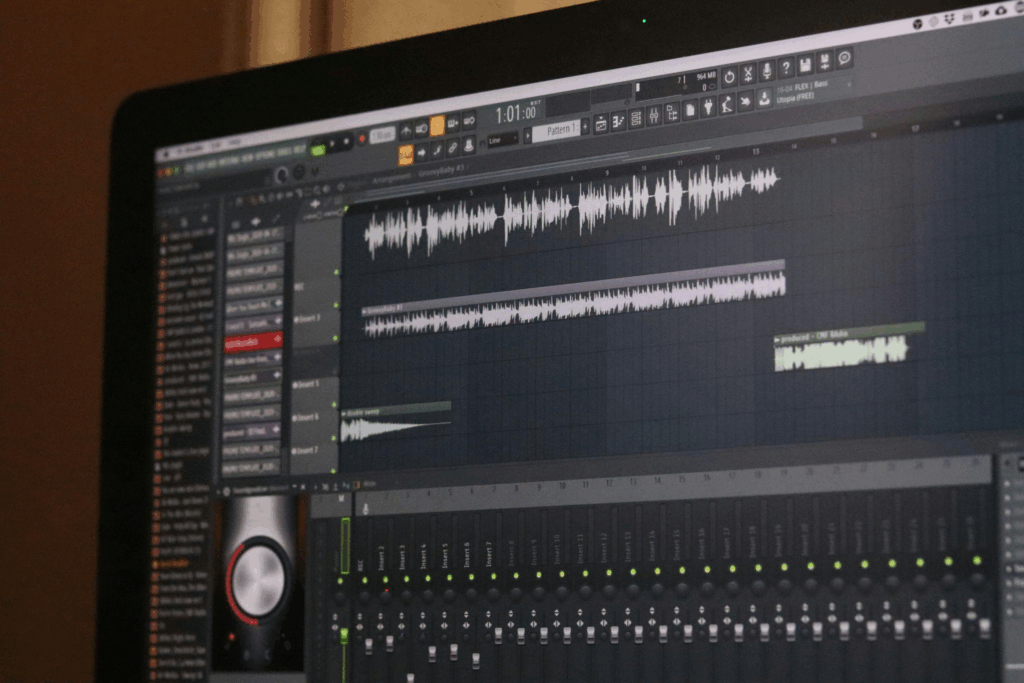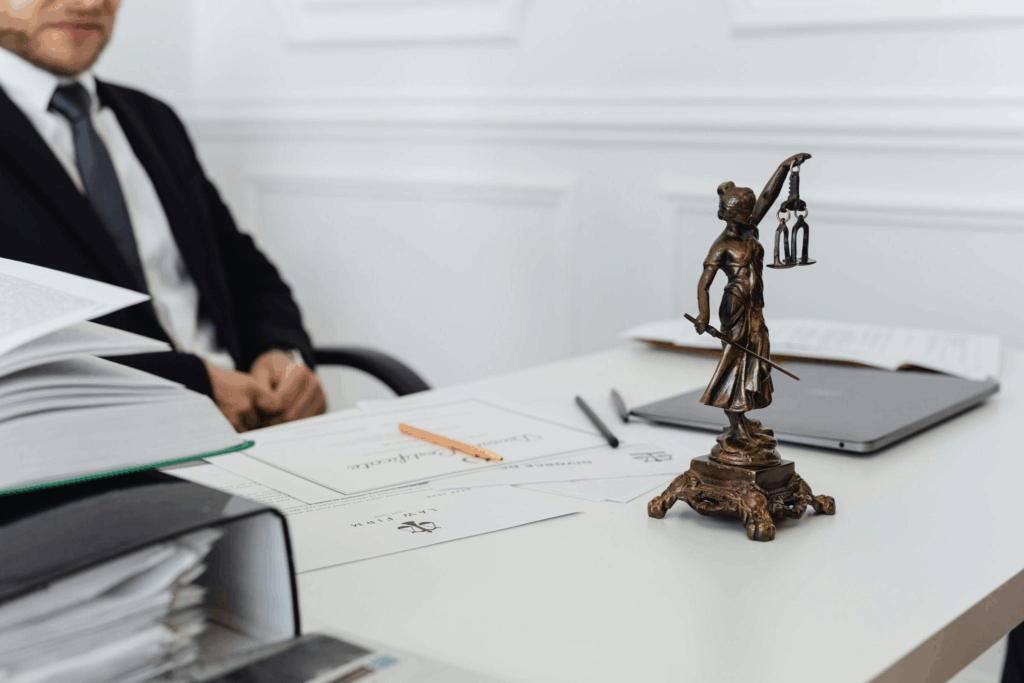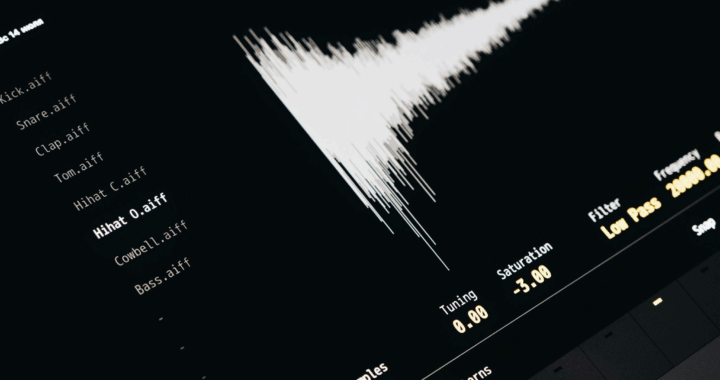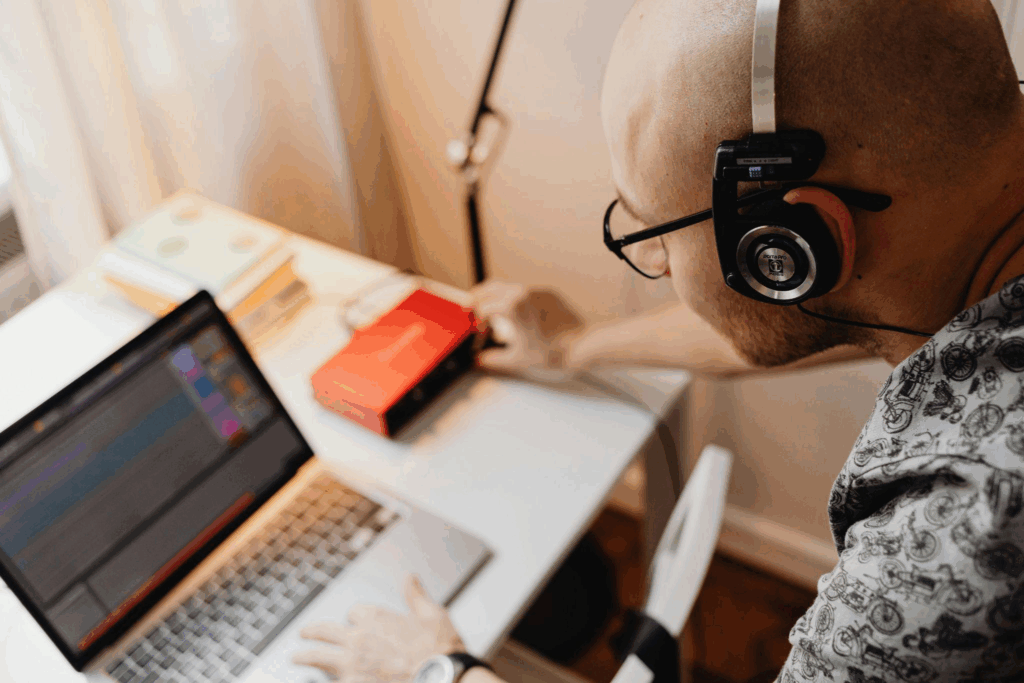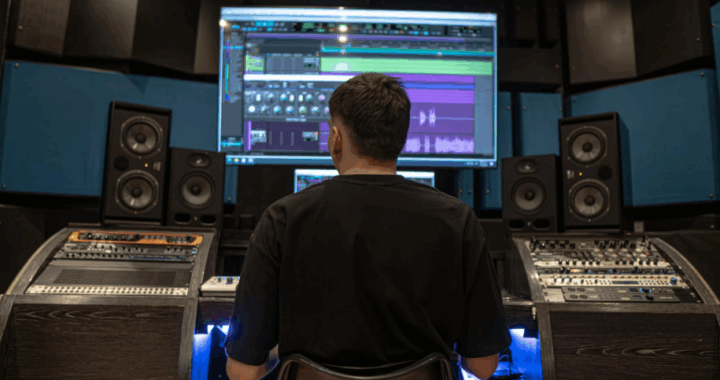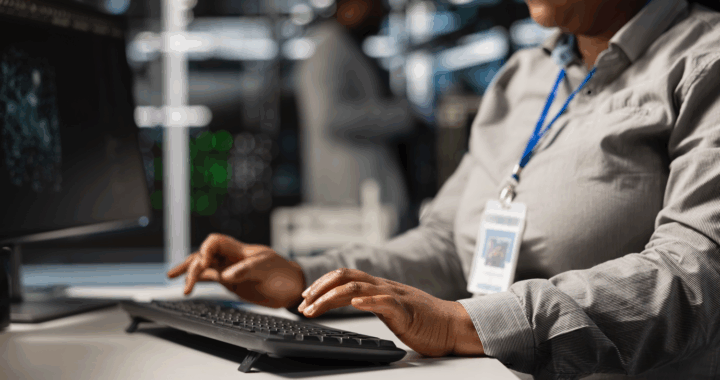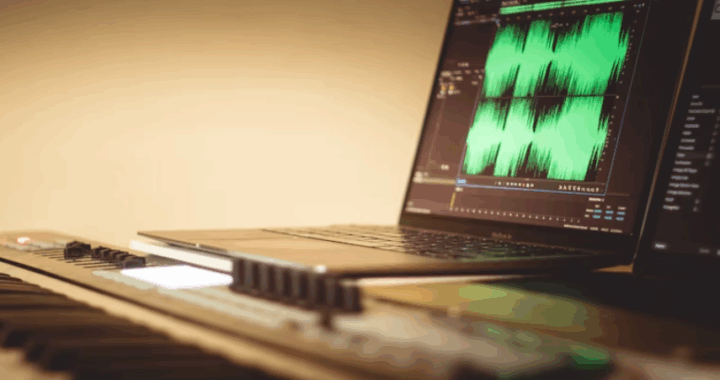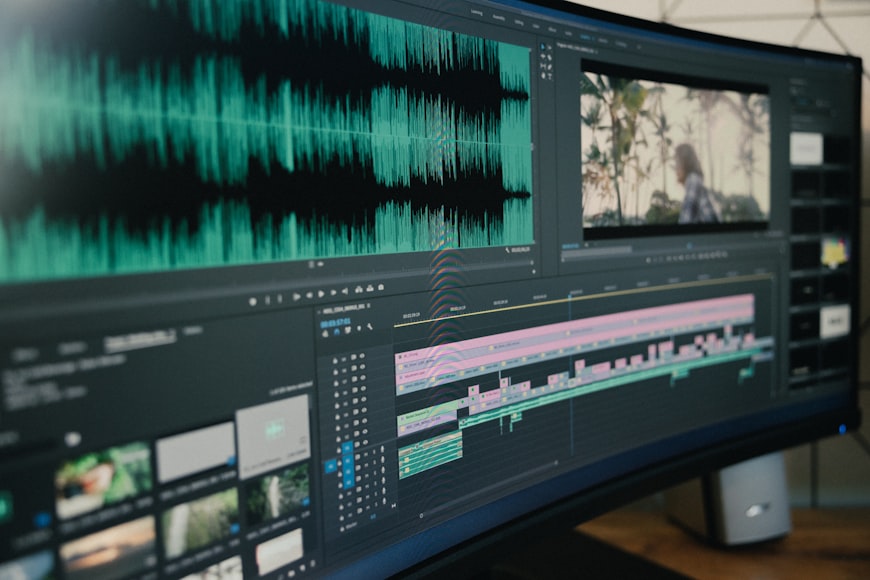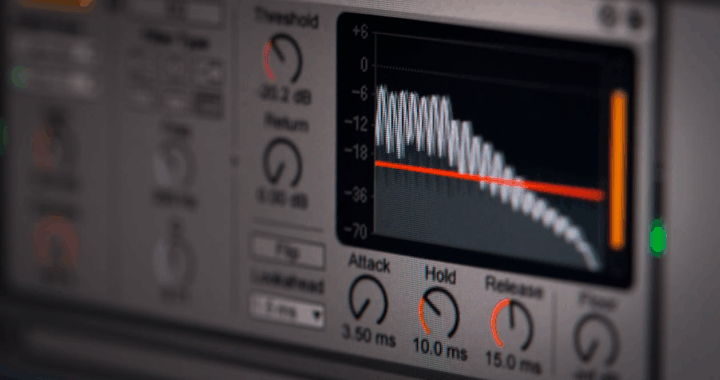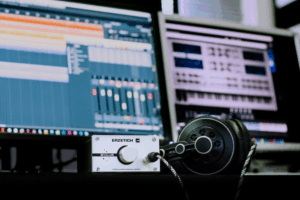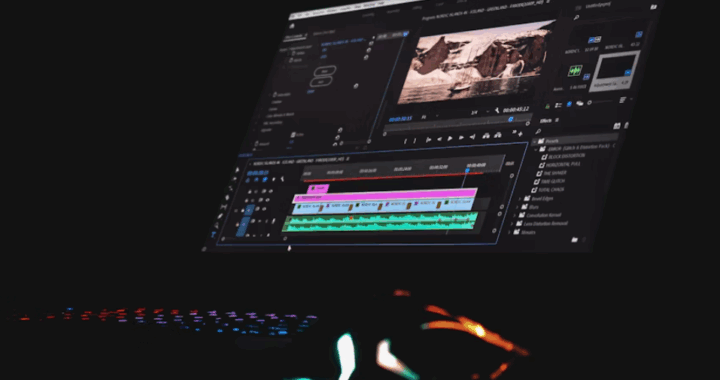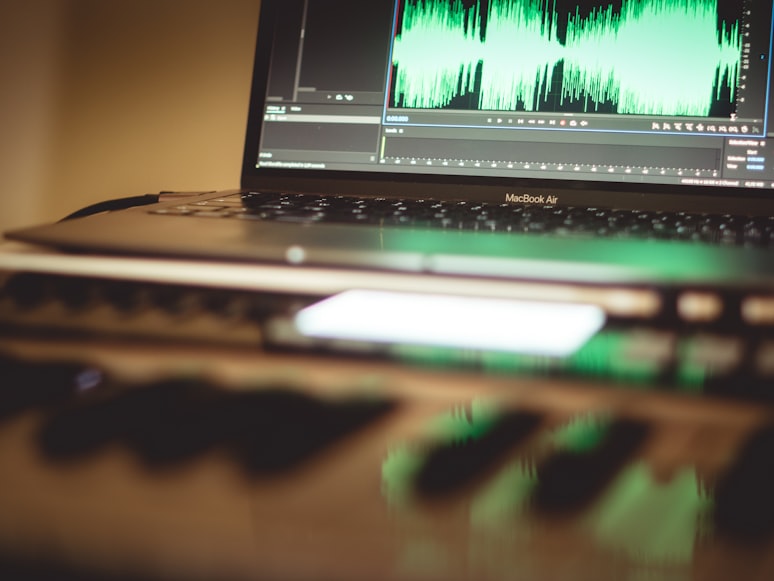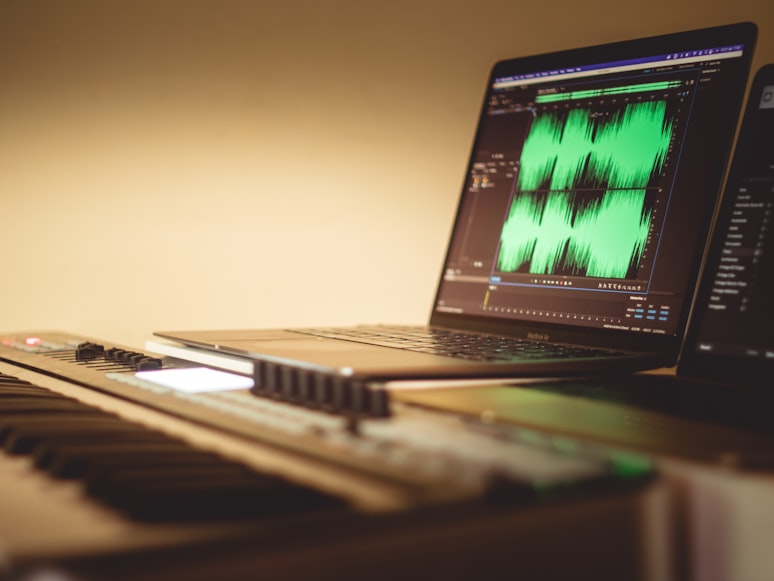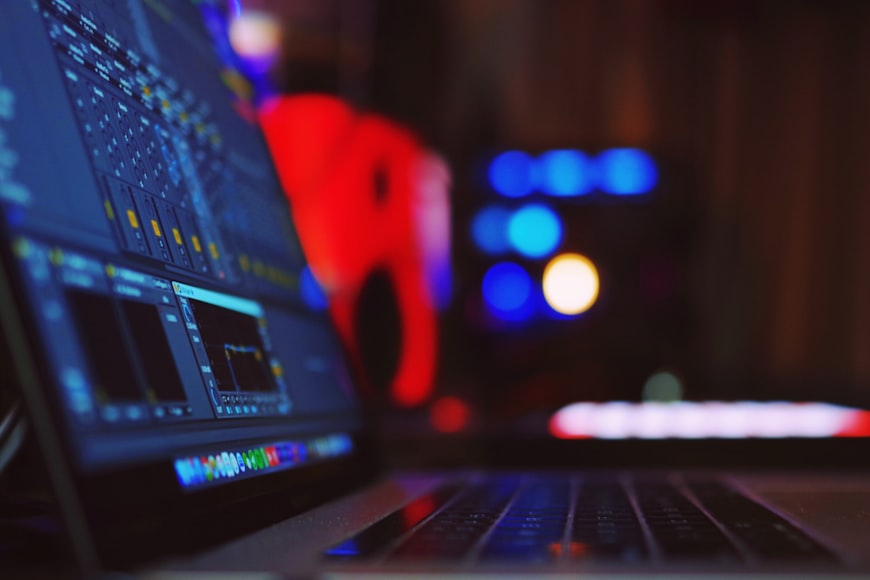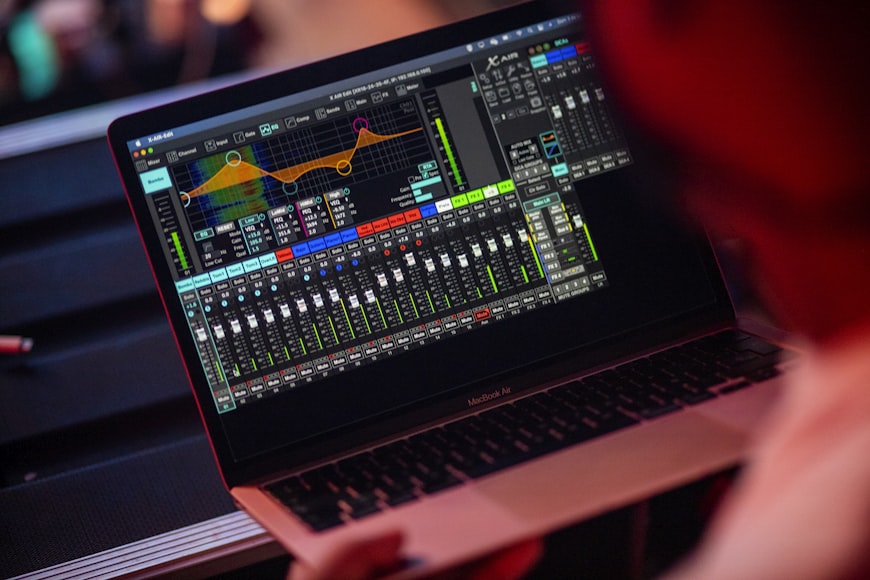Recorded conversations often decide the direction of an investigation. A single phrase can confirm intent. A background sound can establish location. A timestamp can dismantle an alibi. Yet raw audio rarely arrives in perfect condition. It contains distortion, interference, compression artifacts, and environmental noise.
Forensic audio analysis transforms that raw material into reliable, courtroom-ready evidence. Professionals apply scientific methods, technical expertise, and strict documentation standards to ensure every conclusion withstands scrutiny.
When attorneys, investigators, and courts rely on recorded sound, they rely on disciplined analysis—not guesswork. Let’s explore how this process supports legal outcomes from the first intake to expert testimony.
The Role of an Audio Forensic Expert in Legal Cases
An audio forensic expert evaluates recordings with one objective: determine what the evidence truly reveals. Courts demand objectivity. They require verifiable methods. They expect defensible findings.
An expert begins by preserving the original file. They create forensic copies and document every action. They establish chain of custody. They confirm file integrity. Without these steps, opposing counsel can challenge admissibility before analysis even begins.
From there, the expert identifies the core legal questions:
- Does the recording contain alterations?
- Who speaks in the recording?
- What words appear unclear?
- Do background sounds reveal context?
- Does metadata support the stated timeline?
Each question drives a specific analytical process. Each process follows industry standards and scientific principles.
Understanding the Core Components of Forensic Audio Analysis
1. Evidence Preservation and File Integrity
Before interpretation begins, professionals protect the evidence. They verify checksums. They examine file headers. They review embedded metadata. They document format details and compression structures.
These steps confirm authenticity and prevent claims of tampering.
If the integrity fails, the entire case may weaken. Strong preservation practices strengthen admissibility and credibility.
2. Audio Enhancement for Clarity
Many recordings originate from mobile devices, surveillance systems, or body-worn equipment. These sources often produce low-level, noisy, or distorted audio.
A forensic audio specialist uses advanced tools to improve intelligibility while preserving the original structure of the file. They reduce background noise. They manage hum and interference. They adjust equalization. They clarify speech frequencies.
Enhancement does not mean alteration. The specialist never adds information. They only reveal what already exists within the recording. Clearer speech helps juries understand key statements. Clarity eliminates ambiguity. Precision strengthens arguments.
3. Voice Comparison and Speaker Identification
Legal disputes often hinge on identity. Who spoke the incriminating words? Who made the threat? Who negotiated the agreement?
Voice comparison involves acoustic measurement and perceptual evaluation. The expert analyzes pitch patterns, formant frequencies, speech rhythm, pronunciation habits, and vocal tract characteristics.
They compare known samples with questioned recordings. They evaluate similarities and differences. They quantify findings using accepted methodologies. Courts recognize that voice identification requires expertise. Proper analysis reduces speculation and increases reliability.
4. Audio Authentication Services
Attorneys frequently request audio authentication services to confirm whether a recording remains original and unedited.
Authentication involves:
- Detecting abrupt waveform inconsistencies
- Identifying unnatural transitions
- Examining background continuity
- Analyzing spectral signatures
- Reviewing encoding anomalies
If someone spliced segments together, inserted material, or removed portions, trained analysts can detect those irregularities.
Authentication protects both prosecution and defense. It prevents wrongful conclusions based on manipulated evidence.
How Forensic Audio Services Strengthen Investigations
Investigators gather large volumes of data. They collect surveillance clips, recorded interviews, intercepted calls, and voicemail messages. Without structured analysis, crucial details remain buried.
Forensic audio services help investigators:
- Clarify unintelligible dialogue
- Isolate specific speakers
- Establish event timelines
- Identify environmental clues
- Validate recording authenticity
For example, background sounds may reveal traffic patterns, gunshots, machinery, or identifiable ambient noise. These details can confirm location or timing.
In criminal cases, this analysis may link suspects to conversations. In civil disputes, it may clarify contract terms or workplace interactions. Reliable interpretation accelerates case development and sharpens strategy.
The Scientific Foundation Behind the Process
Effective forensic audio analysis relies on acoustics, signal processing, linguistics, and digital forensics. Professionals apply measurable techniques rather than subjective impressions.
They examine:
- Waveform structures
- Frequency spectrums
- Harmonic content
- Dynamic range
- Temporal patterns
They document every step. They maintain reproducibility. They produce detailed reports that explain methodology in plain language.
This transparency matters in court. Judges and juries need clarity. Attorneys need confidence. Opposing experts may challenge conclusions, so every claim must rest on demonstrable evidence.
Courtroom Impact: From Lab to Testimony
Analysis alone does not secure a legal victory. Presentation plays an equally critical role. An audio forensic expert translates technical findings into understandable explanations. They prepare demonstrative exhibits. They provide enhanced playback examples. They describe methods without overwhelming the court.
Effective testimony connects science to legal relevance.
For example:
- An authenticated recording supports admissibility.
- A clarified threat strengthens a prosecution argument.
- A detected edit undermines opposing evidence.
- A verified timeline disproves an alibi.
The expert must remain impartial. Credibility depends on neutrality. Courts respect professionals who present facts clearly and avoid exaggeration.
Common Legal Scenarios That Require Audio Analysis
1. Criminal Investigations
Law enforcement relies heavily on recorded evidence. Interrogations, surveillance, and undercover operations produce audio that demands scrutiny. Authentication prevents wrongful accusations. Enhancement clarifies intent, and speaker analysis links suspects to statements.
2. Civil Litigation
Disputes between business partners, employers, and individuals often involve recorded conversations. One party may allege coercion, fraud, or verbal agreements. Forensic audio services help attorneys confirm authenticity and interpret ambiguous language.
3. Family Law and Domestic Disputes
Custody battles and restraining order hearings sometimes involve recorded exchanges. Courts must evaluate threats, admissions, or aggressive language carefully.
Objective analysis ensures fairness.
4. Internal Corporate Investigations
Organizations use recorded calls for compliance and risk management. When misconduct allegations arise, companies turn to professionals to verify recordings and interpret content accurately.
Avoiding Common Misconceptions
Many people assume enhancement software can “fix” any recording. Reality differs. Poor-quality audio limits recoverable information. Professionals cannot create speech that never existed.
Others assume authentication always reveals obvious edits. Skilled manipulation can appear seamless. Only thorough spectral and waveform examination reveals subtle inconsistencies.
Finally, some believe juries will “hear what they want.” Clear, properly prepared playback eliminates confusion and reduces misinterpretation. Professional methodology ensures accuracy.
Why Objectivity Matters Most
Legal outcomes depend on trust. An expert must avoid bias. They must analyze evidence regardless of which party retains them.
Strong forensic practice includes:
- Detailed documentation
- Transparent methodology
- Peer-reviewed principles
- Clear reporting standards
This discipline builds confidence. It protects the judicial process. It ensures that conclusions rest on science, not speculation.
The Growing Importance of Audio Authentication Services
Digital technology makes recording easier than ever. It also makes manipulation easier. Editing software allows seamless splicing. Compression hides artifacts. Synthetic voice technology introduces new risks.
As digital manipulation evolves, audio authentication services become increasingly vital. Courts require reliable verification methods to distinguish genuine evidence from fabricated content.
This growing demand places greater responsibility on every forensic audio specialist to remain current with emerging techniques and threats.
Precision, Integrity, and Legal Success
When attorneys present audio evidence, they stake their credibility on its reliability. Poor analysis invites cross-examination attacks. Weak documentation invites exclusion.
Professional forensic audio services provide:
- Scientific rigor
- Clear documentation
- Defensible conclusions
- Courtroom-ready presentation
Every step influences admissibility. Every conclusion shapes legal strategy.
Strong analysis can corroborate testimony, expose deception, confirm timelines, and clarify intent. That impact often shifts the balance of a case.
Maintaining Chain of Custody and Legal Admissibility
Courts demand more than clear sound. They demand proof that the evidence remained secure from collection to presentation. A single gap in documentation can weaken credibility and invite challenges from opposing counsel.
An audio forensic expert establishes and protects chain of custody from the start. They document who collected the recording, how they transferred it, where they stored it, and who accessed it. They generate forensic copies using verified tools. They calculate and record hash values to confirm file integrity. These steps create a traceable record that demonstrates consistency and control.
A forensic audio specialist also logs every analytical action. They record software versions, processing settings, and examination dates. This documentation ensures reproducibility. Another qualified professional can review the same material and follow the same steps.
Proper handling strengthens admissibility. Judges evaluate reliability before allowing juries to hear evidence. Thorough documentation shows professionalism, transparency, and respect for legal standards. Strong chain-of-custody practices protect the recording, the findings, and the case itself.
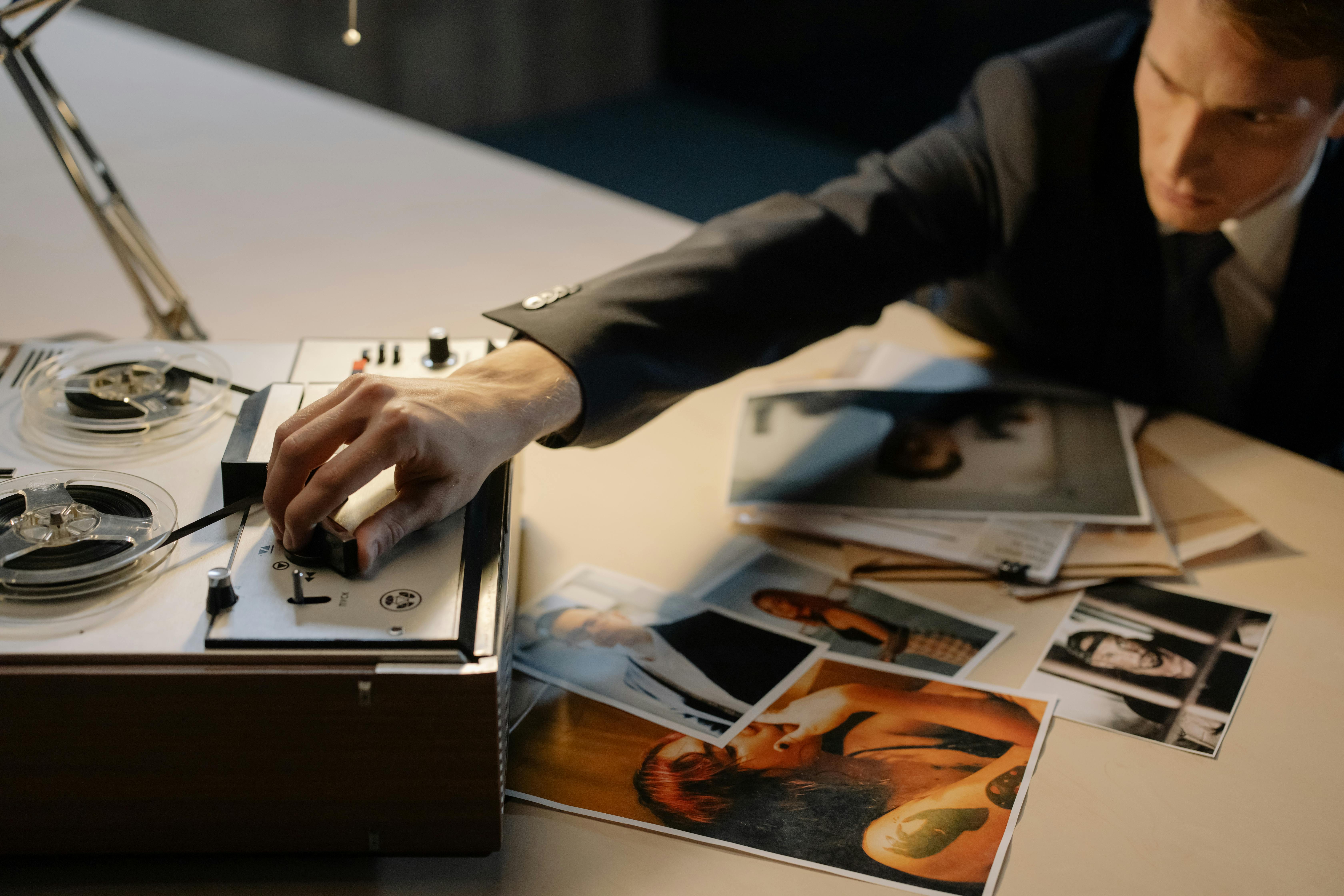
Partner With Eclipse Forensics for Trusted Forensic Audio Analysis
At Eclipse Forensics, we deliver precise, court-certified forensic audio services that stand up to scrutiny. Our team brings decades of engineering and investigative experience to every case.
We approach each recording with disciplined methodology, advanced technology, and unwavering objectivity.
We support attorneys, law enforcement agencies, and private clients with comprehensive audio forensic services that clarify evidence and strengthen courtroom presentation. If your case depends on recorded sound, contact Eclipse Forensics today. We stand ready to help you transform complex audio evidence into clear, defensible results.

